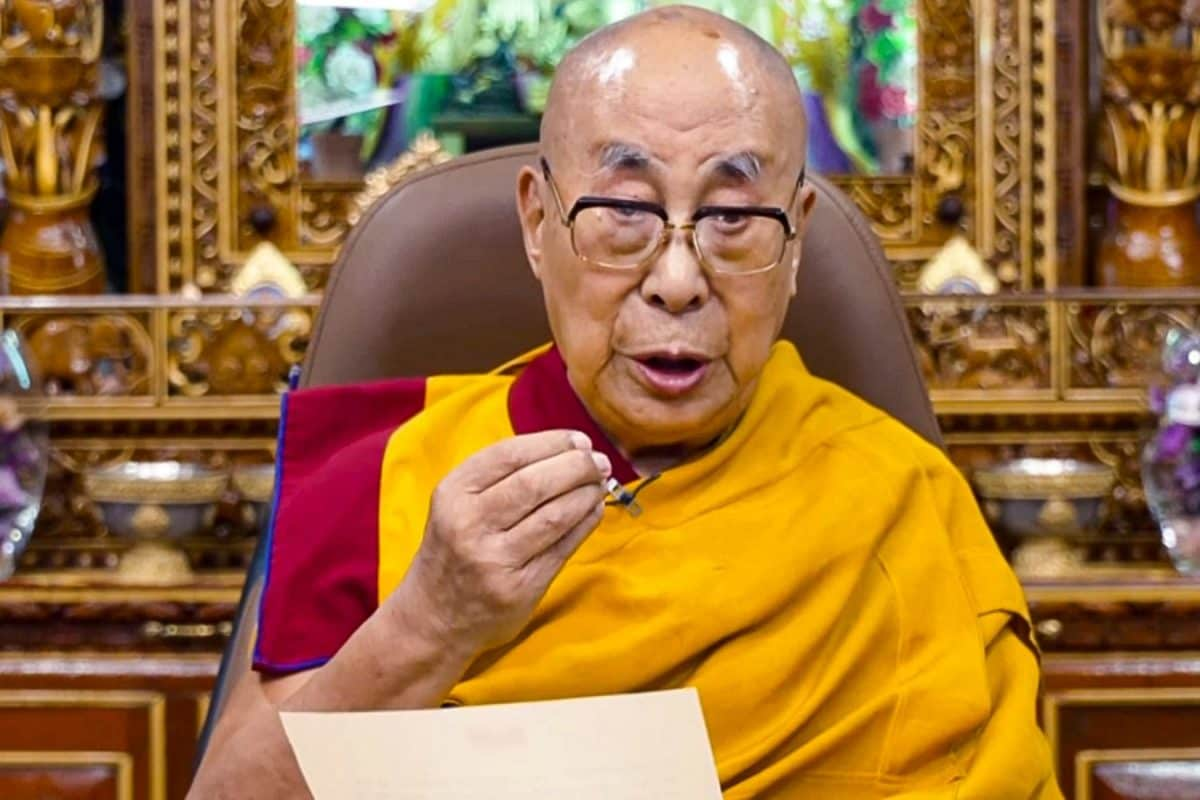

As the 14th Dalai Lama approaches his 90th birthday, the complex issue of his reincarnation has become a focal point of geopolitical tension, particularly between China and India. Sources suggest that China may exert pressure to prevent the recognition of the Dalai Lama's reincarnation on Indian soil, a move that would further strain relations between the two countries and escalate the ongoing spiritual and political battle for Tibet.
China asserts that the reincarnation of Tibetan "living Buddhas," including the Dalai Lama, must be approved by the state and adhere to Chinese laws, religious rituals, and historical precedent. This position is based on a 2007 law mandating that all reincarnations of Tibetan spiritual leaders must follow Chinese regulations. Chinese officials have stated that the next Dalai Lama must be born inside China, and any successor born abroad or appointed by exile groups would be considered illegitimate. China's Foreign Ministry has also insisted that the reincarnation of the Dalai Lama, the Panchen Lama, and other prominent Buddhist figures must be chosen using the "golden urn" system and approved by the central government. This system, imposed in 1792 by the Qing Qianlong Emperor, involves placing the names of candidates in a golden vessel and selecting one by lot. The current Dalai Lama has rejected this method, arguing that it lacks "spiritual quality".
In contrast, the Dalai Lama and his supporters maintain that the reincarnation process is a deeply spiritual matter that should be free from political interference. The Dalai Lama has stated that the Gaden Phodrang Trust, founded by his office in 2015, will have the sole authority to recognize his future reincarnation. He has also suggested that his successor could be born outside of Tibet, potentially in India, where he has lived in exile since 1959. The Dalai Lama has even raised the possibility of reincarnating as a woman.
India, which hosts the Dalai Lama and a large Tibetan exile community, finds itself in a delicate position. While India officially maintains a position of non-interference in religious matters, it also recognizes the Dalai Lama as an important religious figure and respects the traditions of Tibetan Buddhism. Kiren Rijiju, India's Minister for Minority Affairs, stated that the Dalai Lama alone should decide on his reincarnation, a sentiment that China has strongly opposed. The Ministry of External Affairs has since clarified that the Indian government does not take any position on religious beliefs and practices. China has urged India to "act cautiously" on Tibet-related issues to avoid hindering the progress of bilateral relations.
The potential for two competing Dalai Lamas – one chosen by the Chinese government and another recognized by Tibetan Buddhists in exile – raises the specter of further division and instability. The Chinese government has a history of appointing its own religious figures, as seen with the Panchen Lama, a move widely rejected by Tibetan Buddhists. The selection process for the next Dalai Lama traditionally involves senior monastic disciples identifying signs and visions, and testing young candidates to confirm their identity as the reincarnation.
The Dalai Lama's succession is not merely a religious issue but also a political one. The Dalai Lama has been a symbol of Tibetan identity and resistance against Chinese rule. China views the Dalai Lama as a separatist and seeks to control his reincarnation to legitimize its rule over Tibet and undermine the Tibetan movement. The international community, including the United States, has expressed concerns about China's interference in the reincarnation process. The US government has laws in place that threaten to impose sanctions on Chinese officials who interfere with the succession. The future of the Dalai Lama institution and the selection of his successor will have significant implications for the relationship between China and Tibet, as well as for the broader geopolitical landscape.